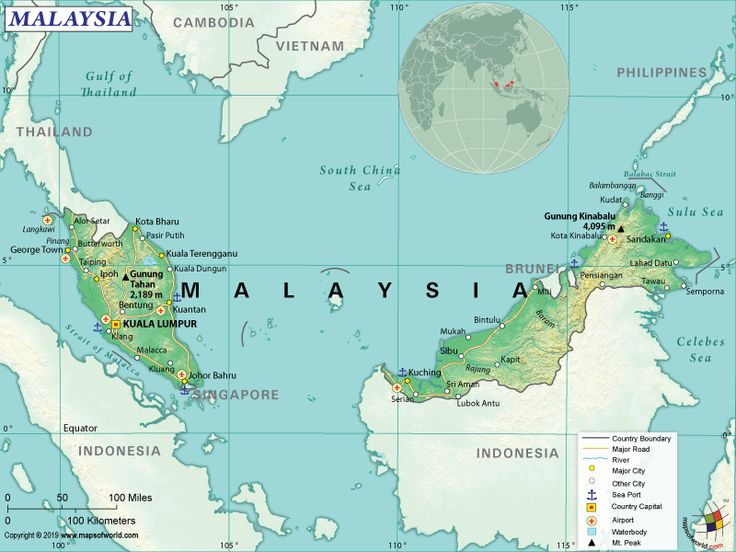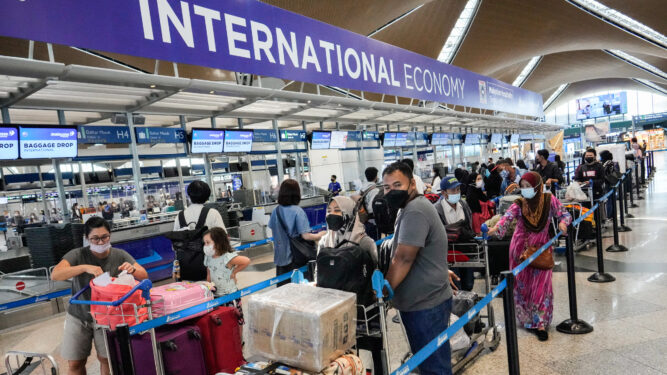IN the name of loyalty to his/her motherland, every Malaysian should have no qualms backing the quest of Prime Minister Datuk Seri Ismail Sabri Yaakob to dignify the stature of Bahasa Melayu (the Malay language) as ASEAN’s second language.
After all, this is a responsibility of all Malaysians to promote as wide a usage of their national language at the international level as possible.
There is no doubt that Bahasa Melayu is a beautiful language – probably as romantic as French – and has the potential to even be a global language with massive penetrative effect such as English.
But one certainly cannot force other nations or one’s international audience to accept one’s mother tongue unless they gladly and wholeheartedly do so.
Recall that Bahasa Melayu was the lingua franca in the Malay Archipelago in the 15th and 16th century at a time when Melaka blossomed as a prosperous trading centre between eastern and western civilisations.
Back then, it must be emphasised that the Suvarnabhumi (meaning golden land in Sanskrit) effect was instrumental in lifting the stature of Bahasa Melayu as the lingua franca.
Traders from all parts of the world voluntarily picked up Bahasa Melayu with pride even though it was not their mother tongue for one sole reason – everyone wanted to have economic dominance over one another.
Like it or not, this economic dominance factor explains why people around the world are rushing to learn Mandarin – China is right smack behind the US as the world’s second largest economy.
At the same time, it makes valid sense why the wealthy (China) Chinese are eagerly schooling their children in the UK or the US – this boils down to their perceived value in the mastery of the English language.
With China being a very much “ethnically homogeneous” society with hundreds of dialects but only one unifier in Mandarin, the wealthy (China) Chinese are willing to invest big dollars to send their heir to prestigious boarding schools in the UK, US and Australia at a young age with the ultimate hope that the youngsters can one day be the “linguistic bridge” to expand their business empires beyond the shores of China.
The Japanese pride in Nihongo (Japanese language) is sustainable at the world stage for the yen is today’s the third most traded currency in the foreign exchange market after the greenback and the euro. If this is not enough, the yen is also widely used as a third reserve currency after the greenback and euro.
Therefore, the pride of the Japanese to speak their mother tongue at official level on the international stage – even though they can master “perfect American English” as yours truly personally encountered – is well-placed.
Moreover, the Japanese are unique for they will always ensure their non-Japanese speaking guests always have access to adequate interpreter/translator service.
Bangladeshi, Myanmar, Nepalese and other Southeast Asian migrant workers have no problems picking up Bahasa Melayu after having settled down in Malaysia. In fact, many speak better Bahasa Melayu than locals. It is economic and survival necessities which are the main motivating factors.
As the Malaysian premier is so keen to glorify Bahasa Melayu at the ASEAN level today – as currently only four out of the 10 ASEAN countries use English in official events at the international level while the other six use their own mother tongues in their official affairs and need to be translated – it is only fair that all Malaysians should rally behind him BUT by first taking this “ASEAN official language” challenge.
In yours truly’s simplistic mind, the acid test to ensure that the usage of Bahasa Melayu can spread beyond the boundaries of Papua New Guinea, South Thailand or Southern Cambodia hinges on the ringgit’s ability to topple the Singapore dollar.
If this is too tall an order, how about simply matching or reducing the current exchange rate deficit between both the Singapore dollar/ringgit by half to say RM1.50/S$?
The day this can be realised will be the day Bahasa Melayu shall re-emerge as the lingua franca of ASEAN. – March 24, 2022









